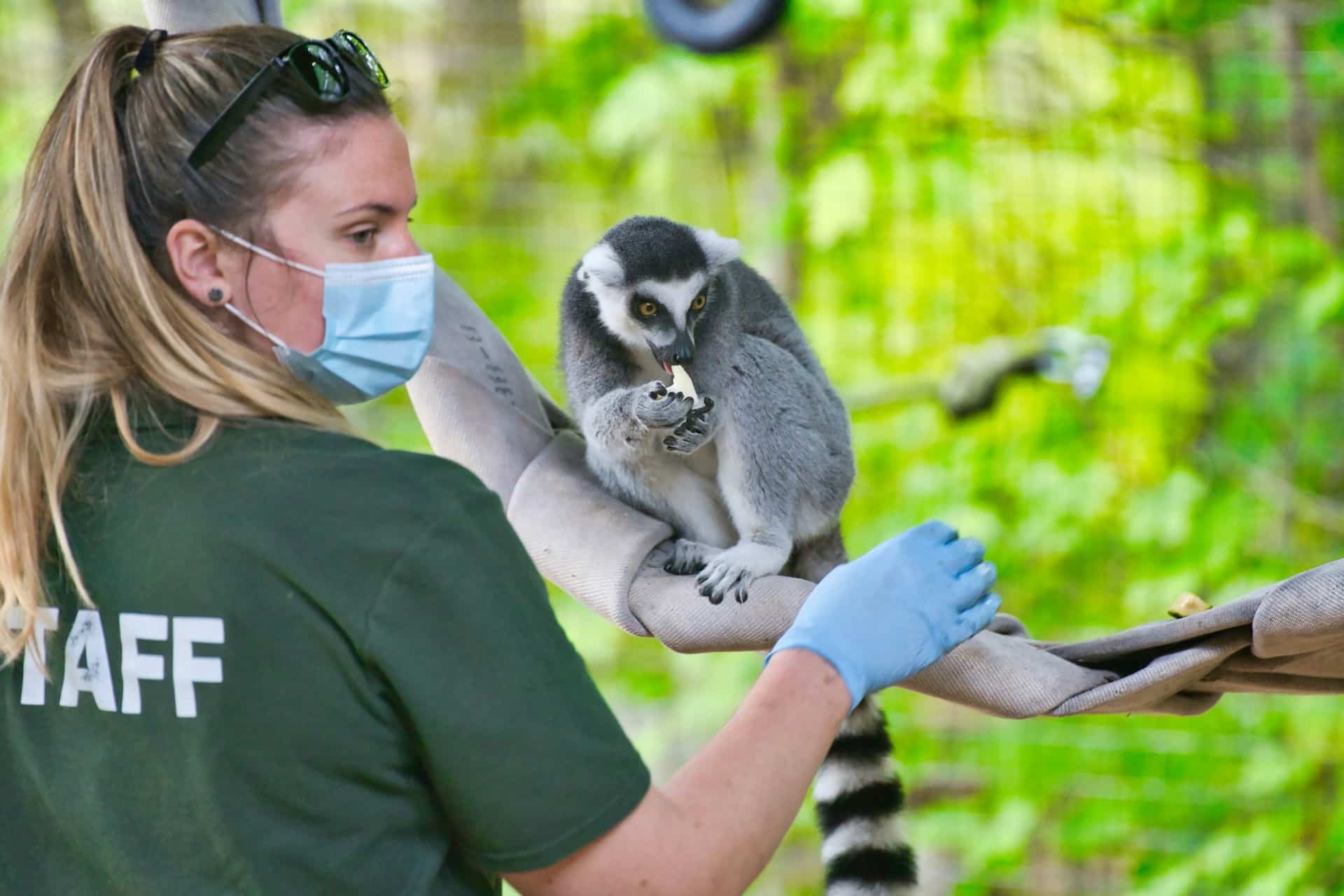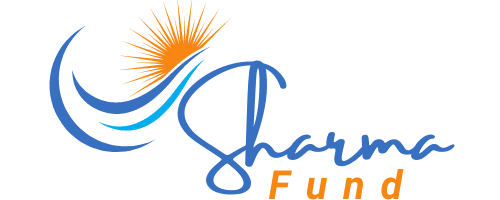How can you get involved in caring for injured wildlife at rehabilitation centers in Wales?

Imagine the thrill of releasing a healed bird back into the wild, the satisfaction of seeing a once-injured hedgehog confidently foraging, or the joy of witnessing a litter of orphaned mammals thriving under your care. These are some of the rewards waiting for you when you contribute to wildlife rehabilitation. In this article, you will learn how you can get involved in caring for injured wildlife at animal rescues and rehabilitation centers in Wales, focusing on areas such as bird and hedgehog care.
The Wildlife Rehabilitation Scene in Wales
Wales, a country teeming with diverse wildlife, is home to thousands of different species. However, these beautiful creatures often face dire threats due to various factors such as habitat loss, disease, and human interference. That's why various rehabilitation centers have emerged to help the injured and abandoned wildlife, and they need your help.
Sujet a lire : What are the best spots in London for an educational tour about the Great Fire of 1666?
When you associate with these organizations, you're not just helping animals. You're also contributing to maintaining biodiversity, educating the community about wildlife conservation, and ensuring a healthier ecosystem. Therefore, your involvement in wildlife rehabilitation is not just a service to animals, but also an investment in our planet's future.
Roles You Can Play In Wildlife Rescue
The word "rehabilitation" is not limited to medical care. In the wildlife rescue scene, it encompasses a broad range of roles. As an associate, you could be involved in hands-on care for animals, administrative tasks, outreach programs, or even field rescue.
A découvrir également : Where can you take a guided tour focusing on the agricultural history of East England?
Let's look at the various roles you can assume:
- Direct Caregivers: These are the people who feed, clean, and provide basic care for the animals. This role involves direct interaction with the animals, so it's perfect if you're an animal lover who isn't afraid to get your hands dirty.
- Medical Team: This group is responsible for the treatment and medical care of the animals. This role is typically filled by veterinarians, vet nurses, or those with relevant qualifications.
- Administration: This team manages the paperwork, fundraising, event organization, and more. If you're not comfortable handling animals, but you still want to help, this might be the role for you.
- Education and Outreach: These individuals help to conduct educational programs, handle public relations, and create awareness about wildlife conservation.
- Field Rescuers: They are the ones who respond to calls for help, rescue injured or orphaned wildlife, and bring them to the center.
Special Care for Birds and Hedgehogs
Birds and hedgehogs are among the most frequent visitors to wildlife rehabilitation centers in Wales. While the basic care is similar for all animals, these species require special attention.
Birds, for example, are sensitive creatures. They can suffer from stress when in captivity and require quiet, calm surroundings. You will need to learn how to correctly handle different bird species, prepare their diet, and recognize signs of distress.
On the other hand, hedgehogs are primarily nocturnal and have a distinct diet. They also have specific housing needs to accommodate their natural behaviors like burrowing. In the case of injured or sick hedgehogs, you may need to administer medication or assist with physical therapy.
How to Get Started
To start your journey in wildlife rehabilitation, you should first reach out to your local rehabilitation center. Most centers provide training for their volunteers, so don't worry if you lack experience or knowledge about wildlife.
Volunteering at a local wildlife rescue or rehabilitation center is a great way to get hands-on experience. You can choose a role that suits your skills and interests. Remember, every role is vital, and every little bit of help contributes to the larger goal of animal welfare.
As a volunteer, you'll gain invaluable experience and learn from experts in the field. Additionally, you can also consider pursuing a career in wildlife care, rehabilitation, or conservation. This could lead to roles such as a wildlife rehabilitator, vet nurse, conservation officer, and more.
The Impact of Your Contribution
By stepping forward to help, you're not only assisting the animals but also contributing to a broader cause. Wildlife rehabilitation centers are often understaffed and underfunded, so your involvement can make a significant difference.
Your contribution will help rehabilitate and release countless animals back into the wild, where they belong. This helps maintain the biodiversity of the area and contributes to healthier ecosystems.
Moreover, through your involvement, you can also help raise awareness about wildlife conservation. By sharing your experiences and knowledge, you can encourage others to respect and protect wildlife.
Involvement in wildlife rehabilitation is rewarding, fulfilling and above all, a meaningful way to give back to nature. So, why wait? Take the first step today and contribute to a cause that will make a real difference in your local wildlife and broader ecosystem.
The Associate Organisation and Membership Opportunities
Being an associate organization or an associate member of a wildlife rehabilitation center in Wales is an excellent way to make a significant contribution to animal welfare. These organizations and individual members play a crucial role in supporting the overall mission of the center.
Your involvement as an associate organization or member can take different forms. You may contribute to wildlife rescue and rehabilitation through financial donations, participate in fundraising events, or help raise awareness about the center's efforts. You could also assist in the delivery of educational programs or offer your expertise in a specific field.
As an associate organization, you could partner with the center on various projects or initiatives. For instance, a veterinary clinic might offer discounted services to the rehab center or a local school might conduct a fundraiser. An outdoors club could help with field rescues or habitat restoration projects.
As an individual associate member, you could volunteer your time and skills or offer financial support. You might assist with direct animal care, administrative tasks, or outreach efforts. You could also become involved in field rescues, helping to save injured or orphaned wild animals and transport them to the wildlife hospital.
But remember, becoming an associate organisation or member comes with responsibilities. You must adhere to the terms and conditions of the center. This might include maintaining respectful behavior, complying with training requirements, or fulfilling your agreed-upon role. The BWRC reserves the right to withdraw membership if these terms are not met. So, it's important to understand your commitments before you sign up.
Wildlife Rehabilitation Centers in South Wales
South Wales is home to a number of wildlife rescue and rehabilitation centers. These centers provide crucial services to sick and injured wild animals, including birds of prey, reptiles, amphibians, and mammals like hedgehogs. Here are a few you might consider connecting with:
- The Wildlife Hospital: This center specializes in the care of birds of prey, from owls to falcons. They provide medical care, rehabilitation, and, when possible, release the birds back into the wild.
- Hedgehog Rescue: Focusing on hedgehog care, this center provides a safe haven for sick, injured, or orphaned hedgehogs. They offer treatment and rehabilitation, with the goal of releasing the animals back into their natural habitat.
- Wildlife Rescue South Wales: This organization rescues and rehabilitates a wide range of animals, including birds, mammals, reptiles, and amphibians. They strive to return all animals to the wild but also provide a permanent sanctuary for those that can't be released.
If you're located in South Wales and want to get involved in wildlife rehabilitation, these centers offer excellent opportunities. They provide training for volunteers and welcome the support of associate organisations and members.
Conclusion: Making a Difference for Wildlife in Wales
In conclusion, there are numerous ways to get involved in the care of injured wildlife in Wales. Whether you're providing hands-on care, assisting with administrative tasks, raising awareness about wildlife conservation, or contributing as an associate organisation or member, your involvement can make a real difference.
By stepping up to help, you're not just making a difference for sick and injured animals. Your efforts also contribute to preserving biodiversity, maintaining healthy ecosystems, and educating the community about the importance of wildlife conservation.
There's no doubt that wildlife rehabilitation can be physically and emotionally challenging. However, the rewards are immense. From the thrill of releasing a healed animal back into the wild to the satisfaction of knowing you've made a meaningful contribution to the welfare of wildlife, it's an experience that can enrich your life in many ways.
So, take the leap today. Get involved in wildlife rehabilitation in Wales and make a difference for the wild animals and the ecosystems they inhabit. There's no better time than now to take action.
